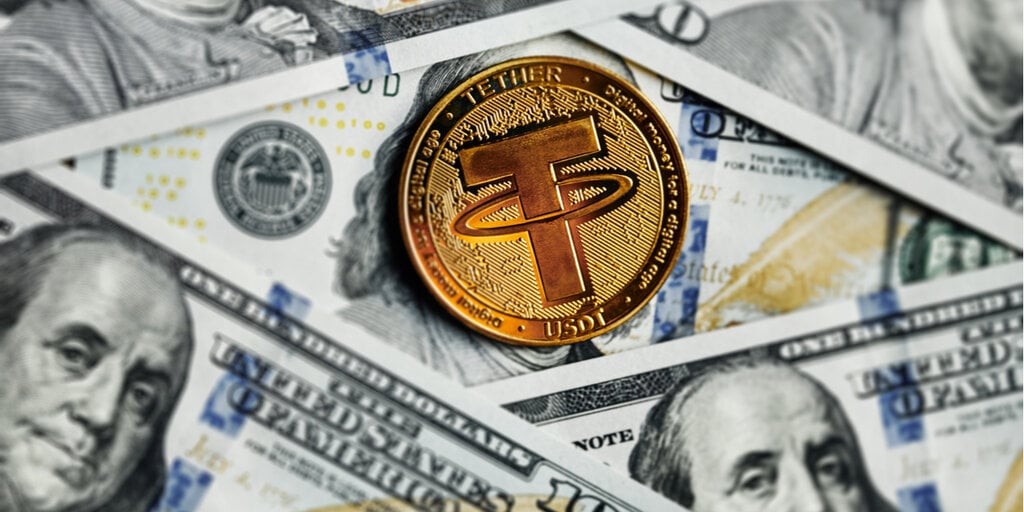Summary:
FBI develops NexFundAI to investigate crypto market manipulation
SEC charges three market makers and nine individuals for fraud
Defendants allegedly made false claims and executed wash trades
FBI's actions reveal a new twist on traditional financial crime
DOJ secures $25 million for restitution to investors
FBI Develops NexFundAI to Combat Crypto Fraud
The FBI has taken significant steps in the fight against price manipulation in the cryptocurrency market by creating an Ethereum-based token known as NexFundAI. This initiative was revealed in a government announcement, indicating a proactive approach to tackle fraudulent activities within the crypto space.
Investigation Results
As a result of this investigation, the Securities and Exchange Commission (SEC) has charged three market makers and nine individuals for participating in schemes aimed at inflating the prices of specific crypto assets. The Department of Justice (DOJ) has also charged 18 individuals and entities for what it describes as “widespread fraud and manipulation” in the crypto markets.
Allegations Against Defendants
The defendants allegedly engaged in making false claims about their tokens and executed wash trades to create a false perception of an active trading environment. The market makers involved—ZMQuant, CLS Global, and MyTrade—were reportedly unaware that NexFundAI was an FBI creation when they carried out these actions.
“What the FBI uncovered in this case is essentially a new twist to old-school financial crime,” stated Jodi Cohen, special agent in charge of the FBI’s Boston division.
Inside Information
Liu Zhou, a market maker associated with MyTrade MM, allegedly boasted to promoters of NexFundAI about their ability to control trading activities, suggesting they could easily conduct insider trading.
Trading Activity and Restitution
An FBI spokesperson mentioned that there was limited trading activity on NexFundAI, and Joshua Levy, acting US attorney for the District of Massachusetts, confirmed that trading on the token has been disabled. The DOJ has reportedly managed to secure $25 million from fraudulent proceeds, which will be returned to affected investors.

/cdn.vox-cdn.com/uploads/chorus_asset/file/25535403/STK004_FBI_CVIRGINIA_A.jpg)




:max_bytes(150000):strip_icc()/WhattoExpectFromBitcoinandCryptocurrencyMarketsin2025-12ed9a9f2e8c42a5b2477933ea62fe0d.jpg)


Comments